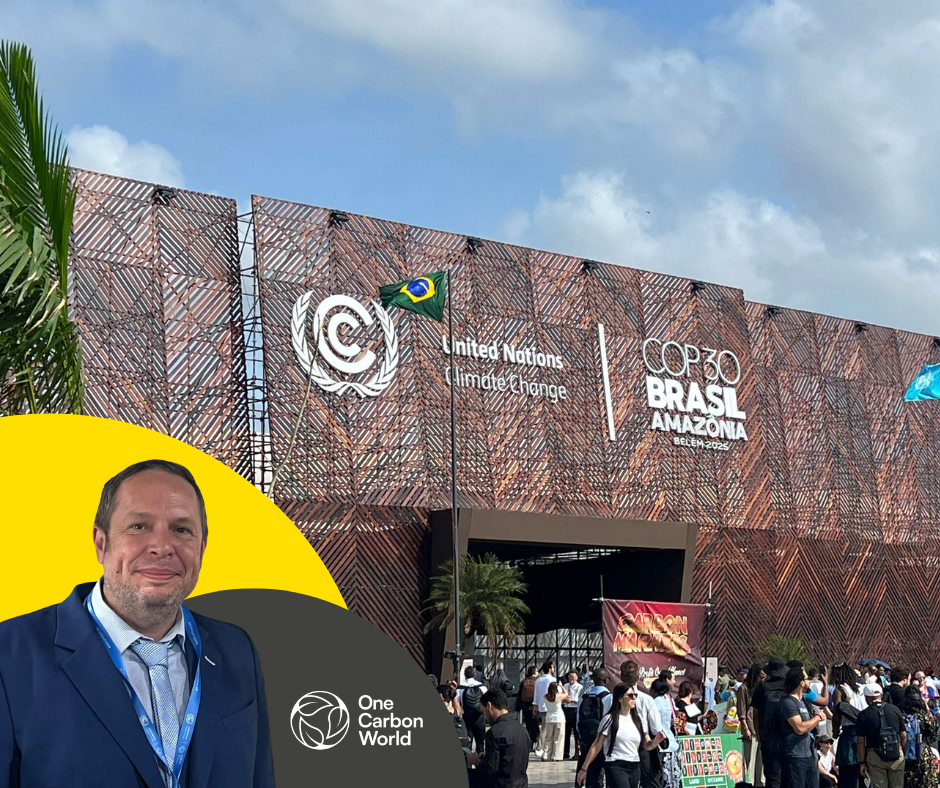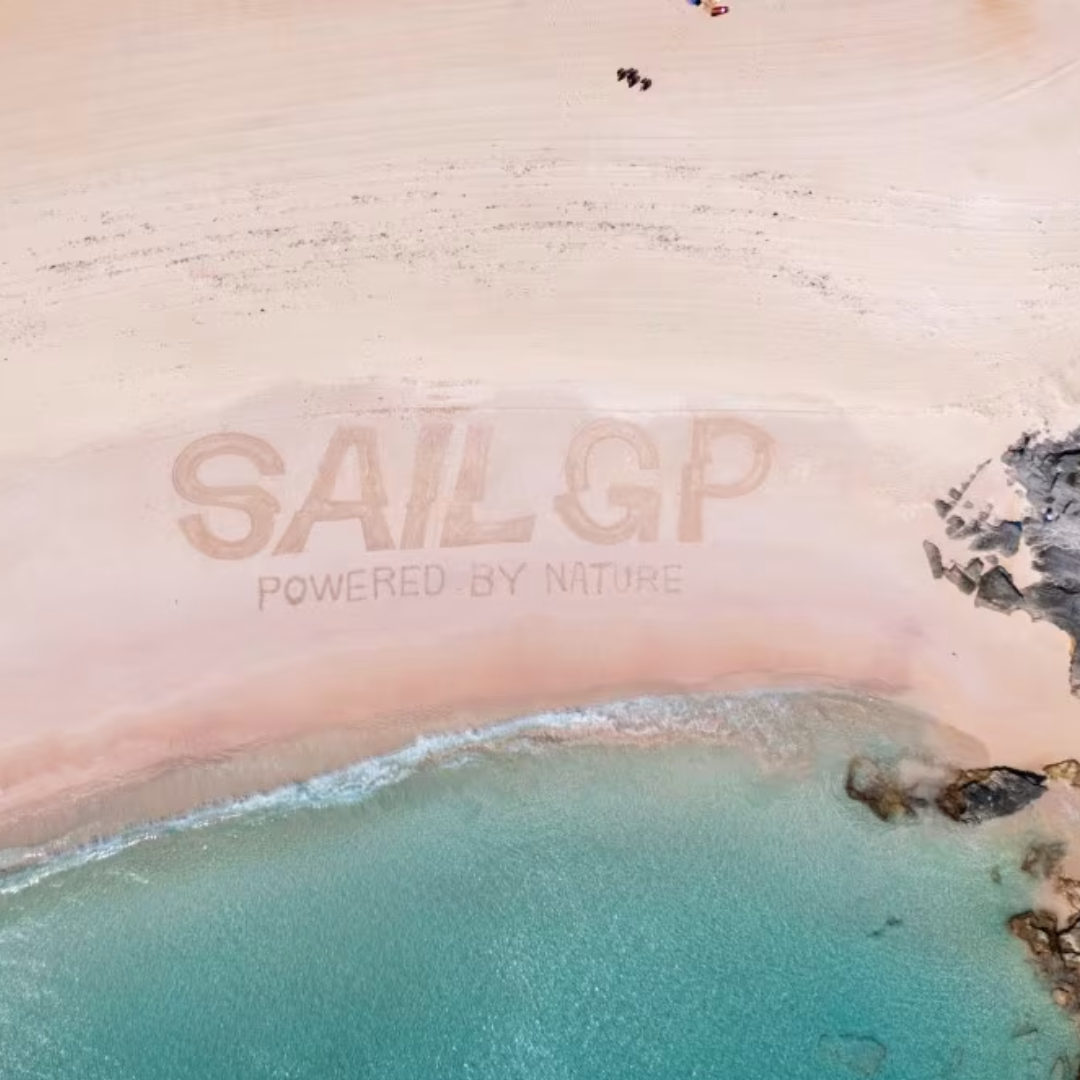Day 4 at COP30: Adaptation at the Forefront
By Andrew Bowen, CEO of One Carbon World
 Watch Video
Watch Video
Day 4 at COP30 in Belém placed adaptation firmly at the centre of the global climate conversation. While decarbonisation and high-quality removals remain essential to limiting warming, today’s sessions underscored that the world must now adapt to the effects of climate change with equal urgency. Rising temperatures, water scarcity, infrastructure strain and shifting weather patterns are no longer future risks, they are day-to-day challenges reshaping how societies live, grow food, build cities and protect people.
Much of the day’s programme focused on the practical realities of adaptation across sectors. In sport, the conversation is shifting rapidly. At the UN’s “Game On for Climate” event where I had the honour of attending as a panelist, fellow participants highlighted how climate change is already altering match timings, stadium design, pitch management and athlete safety. Sport is emerging as both highly climate-exposed and uniquely positioned to drive public engagement.
Its global visibility gives it the power to turn adaptation messages into mainstream action, and its operational footprint offers real opportunities for low-carbon operations, circular equipment models and more resilient facilities.
Agricultural leaders from Uganda echoed similar themes. They described how drought-tolerant crops, community water-harvesting, agroforestry systems, smarter irrigation and diversified planting are becoming essential tools for protecting livelihoods. These community-driven solutions demonstrated that adaptation is already shaping everyday decisions across the African continent. Even at the individual level, adaptation is becoming part of routine life: from rainwater collection and natural cooling to shade-tree planting, home emergency plans and drought-resistant gardens.
Speakers consistently emphasised that cities are the frontline of climate stress, where the combined pressures of extreme heat, water scarcity and aging infrastructure increasingly affect daily life. Technology and circular-economy approaches were presented as major opportunities for efficiency and resilience, while nature-based solutions were framed not as optional environmental add-ons but as essential national infrastructure. Forests, water systems and food systems must now be planned together, not separately.
For One Carbon World, these discussions highlight a clear opportunity to articulate our work as resilience-focused, not just mitigation-focused. Our nature-based projects already support water stability, food security and community livelihoods, which are all core components of national and local adaptation strategies.
The link between sport, nature and community engagement that emerged during the panel also opens a new bridge for OCW: a way to connect climate solutions with public spaces where people gather, participate and feel the impact of climate change directly.
Looking ahead, the evolution of adaptation underscores how OCW, and the entire sector, must transform over the next two decades. We will increasingly need to integrate resilience, water management, biodiversity protection and circular-economy approaches into our programmes.
Technology will continue to reshape monitoring, verification and funding flows. Hybrid public–private carbon systems will become the norm. Climate impacts will intensify, and the centre of global climate action will continue to move south. The true measure of success will increasingly be found not only in emissions reductions but in stronger, safer, more resilient communities.
In the morning, as I walked the long route to the COP entrance, every delegate instinctively chose the shade of the trees. It was a small but powerful reminder that adaptation begins with access: to cooling, to water, to safety, to choice. The deeper question is what happens when those options disappear for communities. Much of adaptation work is ultimately about protecting these everyday essentials before it is too late.
OCW remains committed to supporting that future: one where climate action strengthens resilience, empowers communities and safeguards the systems we depend on every day.

Our Projects

Turning the Tides: How Sail GP is Redefining Climate Leadership in Sports
.png)
Farming for the Future: Sasini's Journey to Net Zero






